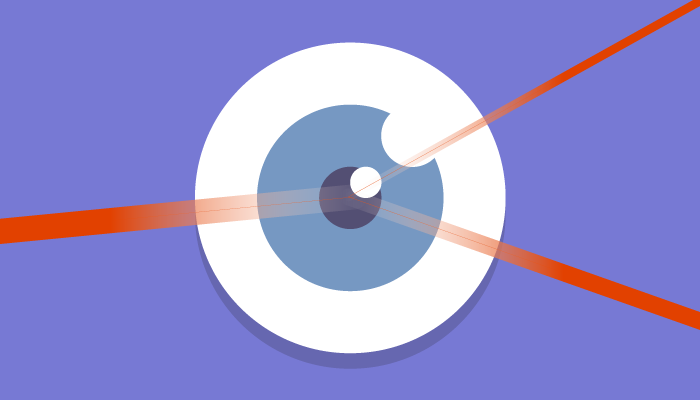
Adding to the existing literature, a systematic review published in Acta Ophthalmologica has examined the effectiveness and safety of intense pulsed light (IPL) therapy for treating dry eye symptoms caused by meibomian gland dysfunction (MGD) – a leading cause of evaporative dry eye disease (DED).
The review analyzed 13 randomized controlled trials involving IPL, used either as a standalone treatment or as an adjunct to more conventional therapies, such as warm compresses and artificial tears. IPL therapy uses broad-spectrum light to improve meibomian gland function by addressing blockages and restoring normal tear film. In the studies investigated, participants typically received two-to-four IPL sessions over several months.
The researchers’ findings suggest that IPL therapy can reduce dry eye symptoms significantly compared with no treatment, with an average decrease of 16 points on the Ocular Surface Disease Index (OSDI), a clinically relevant improvement when compared with placebo. However, when IPL therapy is used as an add-on to standard treatment, the reduction was less pronounced (7 OSDI points), raising questions about its additional benefit in practical settings.
Reported adverse effects for IPL were generally mild and transient, including mild pain, redness, or eyelid irritation, with no serious complications being reported. However, the study did note a moderate risk of bias in the analyzed trials, primarily due to selective reporting and a lack of pre-registered study protocols.
Though the review concludes that IPL likely provides meaningful symptom relief compared with no treatment, the authors emphasize the need for further research to i) clarify IPL’s clinical relevance as an adjunct therapy, and ii) assess long-term safety of the technique. They suggest that future studies with rigorous protocols are essential to guide evidence-based clinical use of IPL for DED, especially for those patients who are unresponsive to traditional therapies.
